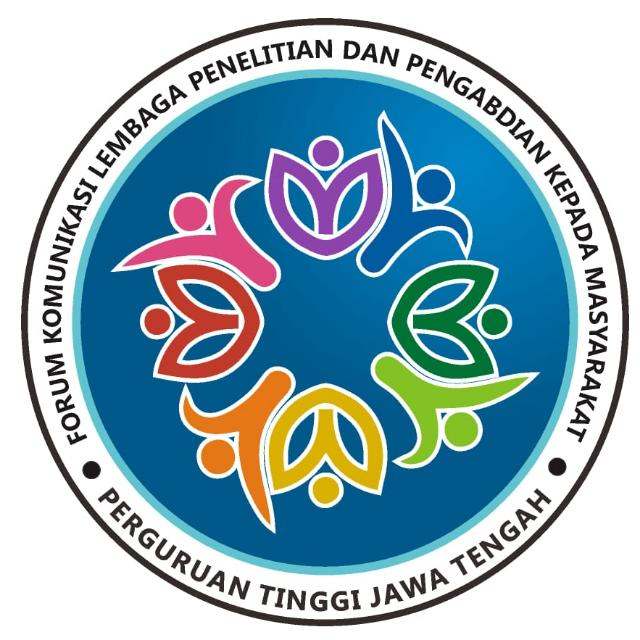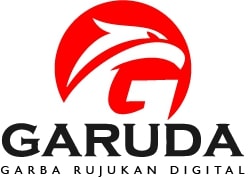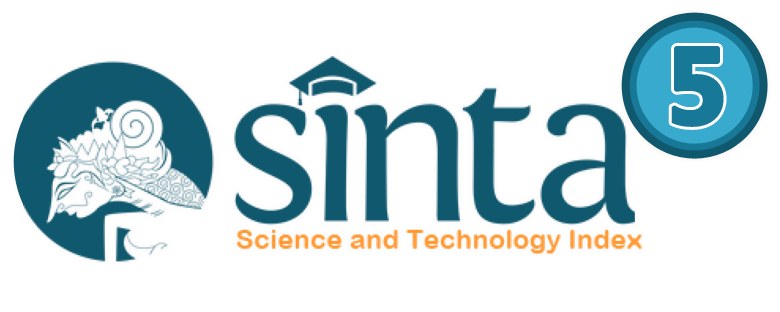Pendidikan Sebagai Upaya Meningkatkan Kreativitas Perempuan Untuk Mendukung Pembangunan Berkelanjutan
DOI:
https://doi.org/10.33061/awpm.v3i2.3356Abstract
Female teachers of SMK Negeri 4 Surakarta have not been able to fill sustainable development, especially in increasing their professionalism in making scientific work. This work is very important in addition to measuring the success of learning as well as to improve the analytical skills of teachers in dealing with problems in the classroom. The problems faced by partners are: (1) lack of understanding and insight into the importance of other libraries that can be used to add teaching material in the teaching and learning process; (2) female teachers are not yet motivated to arrange scientific work as demands that must be met as professionals; (3) not many female teachers take advantage of opportunities and opportunities to develop themselves and increase their creativity as educators to support sustainable development practices; (4) there are still teachers who have not utilized the existence of mass media as partners that can be used to accommodate scientific work to meet the requirements as certified teachers. The targets of the Community Service are as follows: (1) socializing the importance of scientific work as a manifestation of professionalism; (2) holding a meeting to increase the motivation of female teachers in making work of innovation and creativity in order to improve the learning process; (3) provide training in the formulation of opinions based on scientific articles to be uploaded to online mass media. Outputs that can be given through community service are as follows: (1) report on the results of service; (2) making articles for scientific publications that are submitted to the journal of the results of the service; (3) submitting articles to mass media. The method of implementation is through socialization, training, mentoring and motivation. The results of the implementation of the activity showed the enthusiasm and great interest of the female teachers in the socialization and training of the preparation of scientific publications including articles produced to be published in print and online mass media.Downloads
References
Boateng, Oti, (2016). Ensuring The Central Role of Women in Development, International Journal of Gender and Women’s Studies, Vol 4 No. 2 (11-24).
Duman, Fatih, (2012). The Roots of Modern Feminism: Marry Wollstonecraft and the French Revolution, International Journal of Humanities and Social, Vol. 2, No.9 (75-89), University of Turkey.
Islahi, Fatima dan Nasreen (2013). Who Make Affective Teachers: Men or Women an Indian Perspectives, Universal Journal of Educational Research 1(4), (285-293).
Jackie, Kerk (2008). The Impact of Women Teacher toward Girl’s Education, Bangkok: UNESCO Asia and Pasific Regional Bureau for Education.
Monkman, Karen, (2011). Framing, Gender, and Development, Research in Comparative and International Education, Vol. 6, No.1 (1-13).
Rusniati, (2015). Pendidikan Nasional dan Tantangan Globalisasi: Kajian Kritis terhadap Pemikiran A. Malik Fajar, Jurnal Ilmiah Didaktika, Vol. 16. No. 1 (105-128).
Ngabekti, Sri, (2012). Konsep Pendidikan Untuk Pembangunan Berkelanjutan (Kasus Pondok Pesantren Modern Selamat Kendal), Disertasi, Sekolah Pascasarjana Universitas Gadjah Mada Yogyakarta.
Downloads
Published
How to Cite
Issue
Section
License
- Hak publikasi atas semua materi informasi yang tercantum dalam situs jurnal ini dipegang oleh dewan redaksi/editor dengan sepengetahuan penulis. Pengelola Jurnal akan menjunjung tinggi hak moral penulis.
- Aspek legal formal terhadap akses setiap informasi dan artikel yang tercantum dalam situs jurnal ini mengacu pada ketentuan lisensi Creative Commons Atribusi-NonCommercial-No Derivative (CC BY-NC-ND), yang berarti bahwa hanya dengan izin penulis, informasi dan artikel Jurnal PKM dapat didistribusikan ke pihak lain dengan tanpa merubah bentuk aslinya untuk tujuan non-komersial.
- Setiap terbitan Jurnal PKM, baik cetak maupun elektronik, bersifat open access untuk tujuan pendidikan, penelitian, dan perpustakaan. Di luar tujuan tersebut, penerbit atau pengelola jurnal tidak bertanggung jawab atas terjadinya pelanggaran hak cipta yang dilakukan oleh pembaca atau pengakses.



















